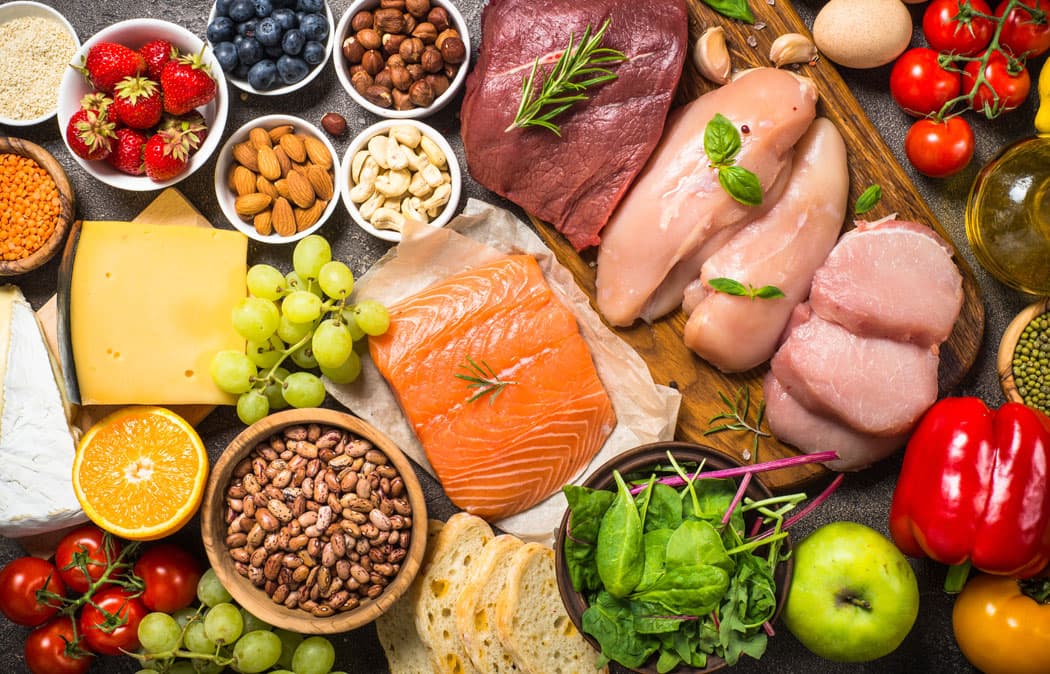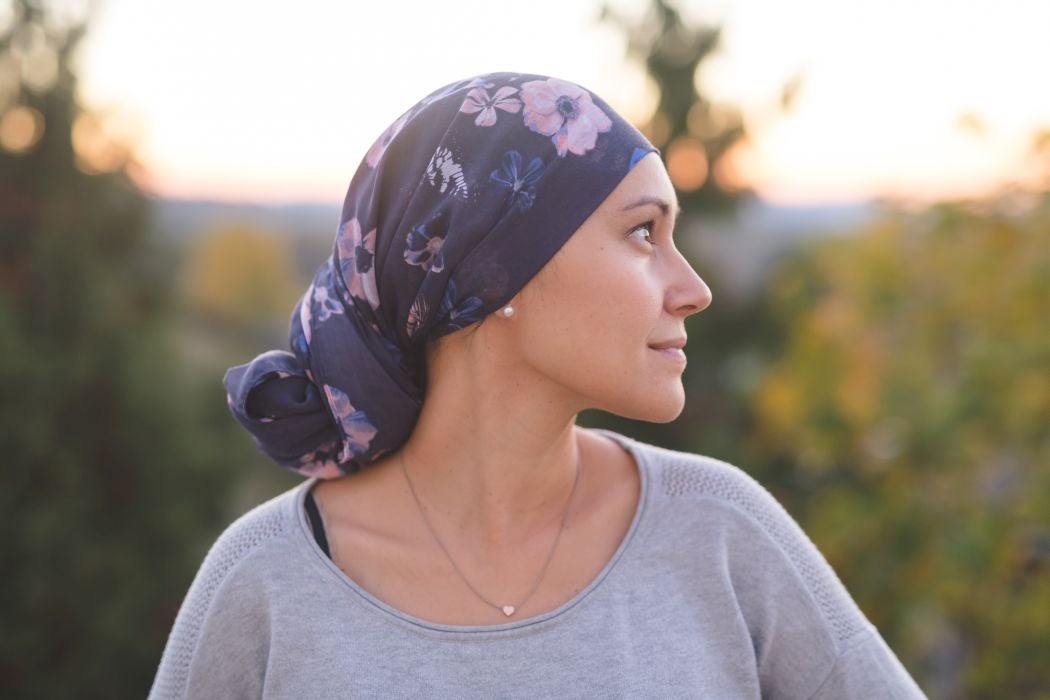Radiotherapy

Radiotherapy is an important form of treatment for several diseases, including malignant tumors. About 60% of cancer cases require radiotherapy at least in one phase of treatment to ensure effectiveness or relieve symptoms caused by the disease. Thanks to technological advancements, radiotherapy is currently a safe treatment and usually has little or no side effects.
What is radiotherapy?
It is a treatment that uses ionizing radiation (high-energy x-ray) to destroy or suppress the growth of abnormal cells that form a tumor or an inflammatory process in a certain body part. This high-energy x-ray is delivered by specific devices, called linear accelerators, which are placed about 3.5 feet away from patients.
How does radiotherapy work?
The high-energy x-rays delivered by the radiotherapy devices are electromagnetic waves that can affect the structure of cells by removing electrons from atoms. This process can lead to the death of cells due to changes within them. After the death of those cells, the tumors may be eliminated. These radiations are invisible, painless and, depending on how intense they are, reach a certain depth of the body.
What is radiation therapy for?
Radiotherapy’s main objective is to cure an illness patients have at the moment or prevent it from coming back after chemotherapy or surgery. It can also be used to control symptoms such as bleeding and pain, among others.
Does radiotherapy affect normal cells?
Yes, they do. However, normal cells have higher abilities to regenerate from radiation damage than tumor cells. Therefore, on most times the disease is destroyed, and normal cells recover after the treatment ends.
Moreover, modern radiotherapy, with more precise techniques, allows delivery of high doses in the sick cells without reaching the normal cells of the body.
What are radiotherapy’s side effects?
Both beneficial and unwanted effects depend on the dose and area of the body being treated. Patients often have no side effects during or after treatment.
Since side effects can vary from case to case, it’s very important that doctors talk to patients about them and how to treat or mitigate them. Radiotherapy, for instance, does not cause hair loss unless the area being treated is the head and, even so, it depends on the technique and dose used. Thanks to the technological advancements made in recent years, radiotherapy has become much less toxic and more effective than it was in the past.
What’s the difference between radiotherapy and chemotherapy?
Chemotherapy is a treatment that uses specific medications, administered oral or intravenously, that reach the whole body. Radiotherapy is a localized treatment, more like a bath of light, in a specific body part. Therefore, chemotherapy’s side effects depend on the type of drug used and radiotherapy’s, on its dose and treated region.
Is radiotherapy used along other treatments?
Radiotherapy may be the only treatment needed or can be used with other treatments, such as chemotherapy or, in some cases, before or after surgery. The decision is made by the physicians responsible for the patient’s case, along with the radiotherapy expert. Currently, several types of cancer can be cured with just radiotherapy.
Does radiation stay on the body?
Radiation passes through patients' body and does not settle there. Hence, the patient does not get radioactive and there are no problems getting near other people.
What should a radiotherapy patient eat?
The specific diet for patients undergoing radiotherapy depends on the dose and area of the body being treated. Nutritionists are often involved in these patients’ care.
In general, a light and fractional (eating every three hours) diet is recommended, as well as staying hydrated. In some cases, patients need specific guidance to manage side effects. For instance: if a patient is receiving radiotherapy in the abdomen which could lead to diarrhea, they should be instructed to have a diet that encourages firmer feces. When radiotherapy does not cause any side effects, there’s usually no need to have a specific diet. In such cases, patients can continue with their current diet, preferably a well-balanced one.
Author:
Dr. Robson Ferrigno
Specialist in Radiotherapy
Radiotherapy Services Coordinator at BP Paulista and BP Mirante Hospitals
Former President of the Brazilian Society of Radiotherapy
MD–PhD by University of São Paulo
Know more about the subject

Cancer Survivorship: Stages, Statistics, And Care

Eating well after cancer: your diet after chemotherapy
A healthy diet after chemotherapy can help you regain your strength and promote good health.

Navigating Nutrition: Colon Cancer Diet Advice
Eating well and following a balanced, nutritious diet is one of the best ways you can prepare for colon cancer treatment 1. But what is a healthy ‘colon cancer diet’?

Complementary Therapies to Reduce Cancer’s Side Effects
They have scientifically-proven benefits and can be used to improve patients’ well-being.1

Common Questions About Hair Loss During Cancer Treatment
Although this is deeply associated with cancer treatment, not all people lose their hair

How to Prepare Some Vegetables While Keeping Their Nutrients
Certain cooking methods can make meals more nutritious



